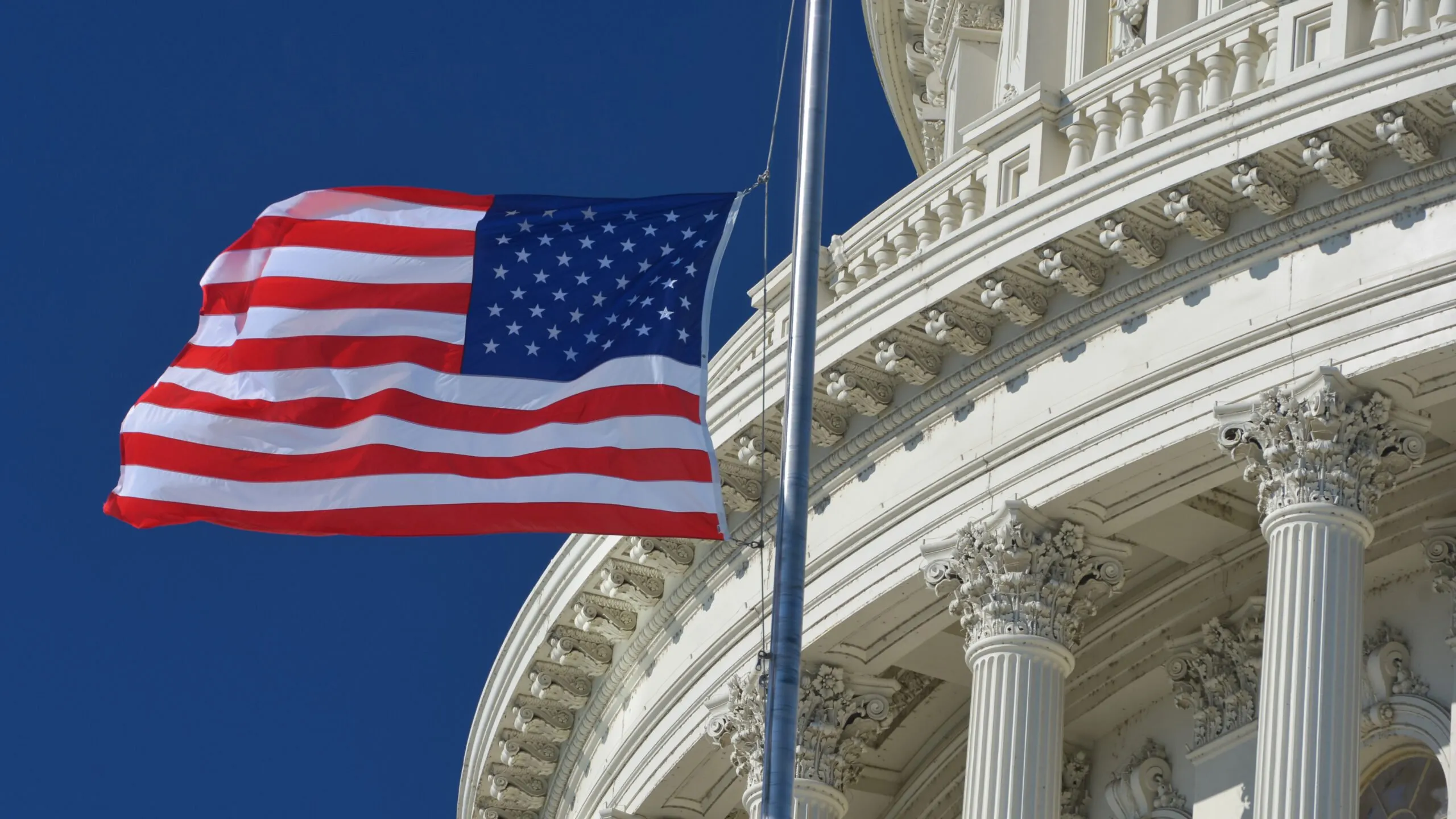Lawmakers voted Wednesday in favor of a crypto market structure bill that could have a sweeping impact on the U.S. regulatory backdrop for digital assets if it eventually becomes law.
Dubbed the Financial Innovation and Technology for the 21st Century Act, or FIT21, the measure was approved by the House of Representatives with a 279-136 vote. With 208 Republican members of the House voting in favor of the bill, 71 Democrats voted in favor of FIT21 as well. All but three of 217 Republican House members voted in favor of FIT21, while about a third of Democrats supported the measure too.
The bipartisan push behind FIT21 encapsulates shifting attitudes towards crypto on Capitol Hill. Just last week, a measure rolling back crypto custody rules for banks from the U.S. Securities and Exchange Commission (SEC) passed both the House and Senate, receiving support from notable lawmakers like Senate Majority Leader Chuck Schumer (D-NY).
The bill passed by the House on Wednesday creates a federal framework for the regulation of digital assets, establishing jurisdiction between the Commodity Futures Trading Commission (CFTC) and SEC. Giving issuers the ability to self-certify assets as digital commodities, among other initiatives, the bill was skewered Wednesday by SEC Chair Gary Gensler.
Among those that vocalized discontent for the bill was also President Joe Biden, who called out a lack of sufficient protections for investors in written remarks. Still, Biden in his Wednesday letter called for a “comprehensive and balanced regulatory framework” for digital assets, suggesting that the status quo is currently lacking.
Curtailing the SEC’s regulatory remit, FIT21 gives the CFTC exclusive regulatory authority over digital asset commodities. Under the bill, criteria is provided for determining that status based on a project’s level of decentralization, looking at factors such as how much of a token’s supply a party owns or a blockchain’s susceptibility to influence from a single party.
Hours before the bill was put to a House vote, members of the Chamber debated FIT21’s merits. Among the bill’s cosponsors, House Financial Services Committee (HSFC) Chairman Patrick McHenry (R-SC) said, “The SEC and the CFTC are currently in a food fight for control of this asset class class.”
"They've created an impossible situation where the same firms are subject to competing and contradictory enforcement actions by the two different agencies, leaving consumers behind, leaving innovators behind," he continued. "FIT21 fixes this."
Ranking Member @RepMaxineWaters' opening remarks on the House floor in opposition to the #NotFIT4PurposeAct:
"I urge my colleagues to stand up. Don’t be afraid of Big #Crypto & stand for everyday investors & consumers." | https://t.co/Vdv38WpH5j#WATCH: pic.twitter.com/MfaQPS432M
— U.S. House Committee on Financial Services (@FSCDems) May 22, 2024
However, several Democrats, including Rep. Maxine Waters, blasted the bill. "This bill still provides major exemptions from critical securities laws," she said. She later said that crypto companies are "refusing to register," and that the bill would "exonerate" them and "give them the opportunity to operate without regulation."
"How can this happen?" she said.
Brad Sherman (D-CA) said that changes under the bill to the definition of a security would serve as a "dagger at the hundred trillion dollar markets that power our economy." Additionally, he raised concerns about crypto users evading taxes or sanctions if the technology was policed with a light touch.
Meanwhile, Sean Casten (D-IL) pointed to reports regarding the use of cryptocurrency by terrorist groups and to in the child sexual abuse material (CSAM) trade. "The bad guys love crypto," he said.
The FIT21 Act fails to address the use of cryptocurrency by terrorists, foreign adversaries, and criminals.
I introduced multiple amendments to rectify this, but House Republicans refused to bring them to the floor for a vote. pic.twitter.com/JAPjS1B0wf
— Rep. Sean Casten (@RepCasten) May 22, 2024
Clarifying authority between the CFTC and SEC has been a long-held hope within the crypto industry as advocates have said existing rules are unclear. And FIT21 addresses several areas within crypto, including the treatment of trading platforms, decentralized finance, and how developers can raise funds for projects.
The passage of FIT21 comes after years of squabbling on Capitol Hill over other crypto bills, such as measures to regulate stablecoins. Last year, House Republicans established a subcommittee on digital assets with the explicit goal of creating clearer crypto rules.
Introduced by McHenry as a crypto "OG," Rep. Warren Davidson (R-OH) said that crypto legislation was long overdue after working for six years on other crypto measures. Davidson said he began working on crypto rules in 2018, starting with the Token Taxonomy Act.
"For too long we have pushed innovation and investment in digital asset projects overseas as Congress has constantly failed to bring the clarity that we need," he said. "We finally have the chance to end this trend and solidify ourselves as the leaders in this industry."
As the bill moves next to the Democrat-controlled Senate, it could face insurmountable hurdles before reaching Biden's desk. However, the crypto-friendly Senator Cynthia Lummis (R-WY) suggested on Twitter (aka X) that lawmakers there could rally behind FIT21 with bipartisan support.
”There is a bipartisan majority in both chambers of Congress in favor of crypto," she said. "The future is very bright."
Edited by Guillermo Jimenez and Andrew Hayward

